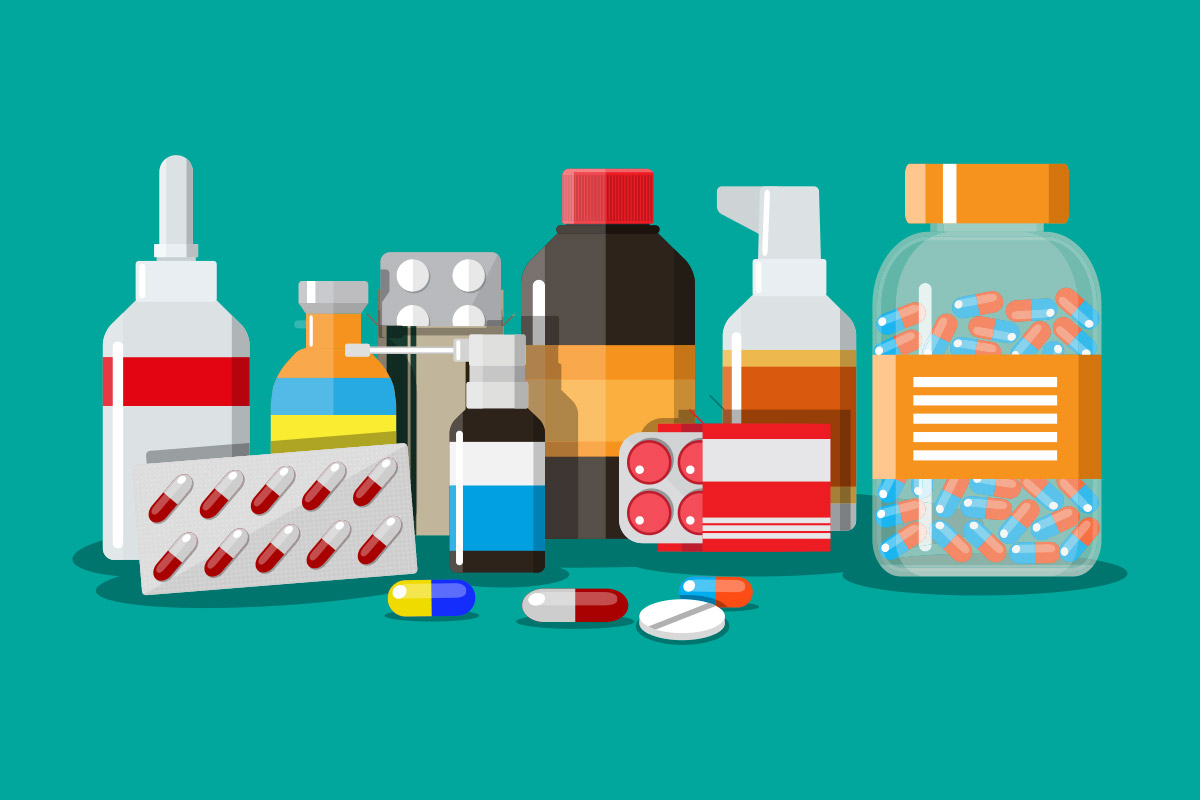Home » Acne Causes » Types Of Acne » Pregnancy Acne
Pregnancy Acne
Dealing with acne when you’re pregnant
Not all pregnancies have an impact on acne but if you have hormonal acne, it’s likely to flare during the first trimester (first three months) of your pregnancy.
Fortunately, pregnancy acne will probably improve and may even disappear during the last trimester.
Many women with persistent acne also notice that their acne is progressively less severe or disappears with each pregnancy. Breastfeeding is also an excellent way of keeping acne away.
Importantly, there are certain types of acne treatments to avoid if you are pregnant or thinking about becoming pregnant.
Please review the section below for more information and speak to your GP.
Managing acne during pregnancy

Here are some important things to note if you’re experiencing pregnancy acne:
- Taking oral retinoids, such as isotretinoin, carry a high risk of birth defects.
- Topical (creams and gels) retinoids should not be used during pregnancy.
- If you find out that you’re pregnant and have been using a retinoid cream, you should stop using the cream immediately.
Acne treatments with proven safety in pregnancy:
- Topical treatments: benzoyl peroxide, erythromycin, clindamycin, Duac gel and azelaic acid.
- Oral medication: erythromycin.
Treatments to avoid during pregnancy:
- Topical treatments: retinoids (tretinoin, adapalene, isotretinoin, tazarotene).
- Oral: isotretinoin and tetracycline antibiotics (including doxycycline and minocycline), spironolactone.
If you have been taking topical retinoids while you were pregnant do not immediately assume the worst.
Findings from a study of a large number of pregnancies where the mother was exposed to topical retinoids, along with data from studies looking into the absorption of retinoids after use of topical cream on the face, suggests that you have not exposed your child to any extra risks.
However, as retinoids are known to cause birth defects, it is important that you discuss this issue with your doctor.
If you discover you have become pregnant while taking spironolactone, you should stop the drug immediately.
Reassuringly, there is no evidence of any risk of harm if it is taken inadvertently during the first few months of pregnancy.
It does not cause birth defects but if taken during the last few months of pregnancy, it could interfere with the normal development of a male child, due to its effects on male hormones.

